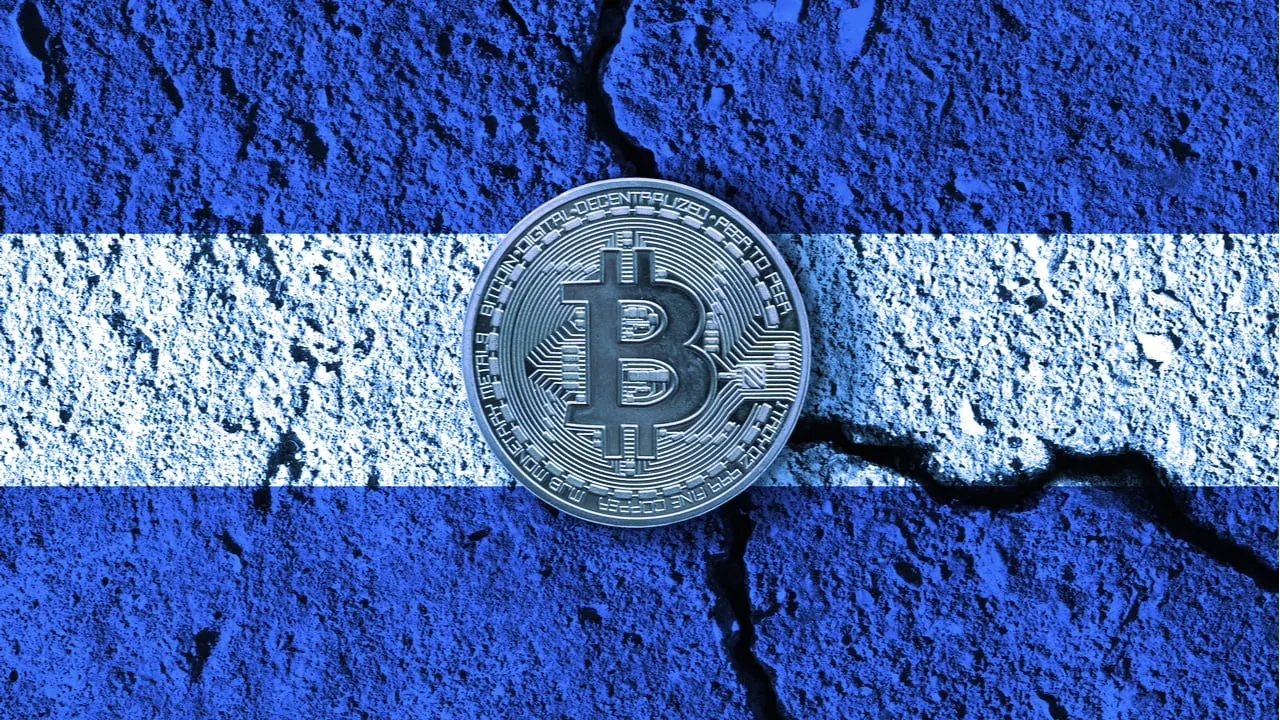Two months after El Salvador's state-sponsored Bitcoin wallet launched by gifting Salvadorans $30 worth of the cryptocurrency, many still don't know what to do with the tech.
When Chivo wallet kicked off on September 7, it suffered technical glitches, with citizens unable to download the app. And when they finally did have it on their phones, there were reports it didn't work. More than two months later, getting it off the ground remains a struggle.
Chivo is the brainchild of El Salvador's government: a crypto wallet for citizens to use Bitcoin in their everyday lives. It came after the country's eccentric but popular president made the cryptocurrency legal tender in the tiny Central American country.
But Bitcoin can be hard to wrap one's head around, and many Salvadorans who spoke to Decrypt about the revolutionary idea were still confused about what to do with their Bitcoin and the app. Many had given up on using Chivo altogether after spending or cashing out their Bitcoin. Others said they were still sitting on their sats, waiting for the price to go up.
"Chivo still doesn't work completely, although over time I hope it gets fixed and that will generate more confidence in its use," Luis Mauricio, a 30-year-old mechanic, told Decrypt. He added that he had issues using the Chivo ATM—which lets users take out their Bitcoin gains in dollars and send the crypto—over the weekend.
There have also been reports in local media of identity theft on the app, with citizens who hadn't registered to use the Chivo later finding out that their ID number had been used to create an account. One developer Decrypt spoke to said he knew of people being registered for the app without even downloading the application.
That's not all. Transactions have been slow or have not been processed at all in some cases on Chivo. Not all businesses accept the asset. And lots of Salvadorans still don't get it.
⚠️: A short story on how bad the chivo wallet is:
Yesterday with @Breez_Tech CEO Roy we tried paying with LN at some local meat restaurant. In 2021 paying in LN is pretty well understood; they create the invoice, we scan the QR code and voila
Well not w/@chivowallet #FixChivo pic.twitter.com/10ZJZ7lkmN
— Découvre Bitcoin (@DecouvreBitcoin) November 17, 2021
Steve Hanke, professor of applied economics at Johns Hopkins University and director of the Cato Institute’s Troubled Currencies Project, told Decrypt that "the entire El Salvador Bitcoin enterprise appears to be operated by amateurs."
Regarding Chivo, he said: "None of the problems facing the Chivo wallet surprise me. They [the issues] are primarily related to slow or unconfirmed transactions. The problems often occur when sending Bitcoin to non-Chivo wallets."
He added: "I don't know the reason for this, but I suspect it has to do with the centralized service El Salvador uses to process transactions."
Chivo is a centralized product; it's custodial, meaning that someone else is looking after the funds—in this case, the Salvadoran government.
Centralized or not, some say Salvadorans need to have a better idea of what Bitcoin is before they can use it. Vitalik Buterin, the co-founder of Ethereum, the second biggest cryptocurrency by market cap, said last month, "This tactic of pushing BTC to millions of people in El Salvador at the same time with almost no attempt at prior education is reckless, and risks a large number of innocent people getting hacked or scammed."
Hanke agreed. "Most Salvadorans don't understand Bitcoin," he said.
And some citizens Decrypt spoke with feel the same. Mauricio added that, despite Bitcoin being an "excellent" technology, citizens should be better educated about using the technology. "Bitcoin should be promoted as an investment instrument and not as legal tender," he said.
Forty-eight-year-old Rodolfo Rosales, a teacher, added that there were a lot of misconceptions about Bitcoin in El Salvador. "Truthfully, people need more education about it," he said. "The only information the people have they heard from others—and it isn't necessarily true."
Both reported having issues using the Chivo app. But both had read about the technology and concluded that it was best to wait for the price to go up anyway.
Others who spoke with Decrypt said that once they received the $30-worth of Bitcoin they immediately spent it and then forgot about the app altogether. "It's [the app] is of no use to me," one Uber driver, who didn't want to be named, said.
El Salvador just bought the dip.
100 extra coins acquired with a discount 🥳#Bitcoin 🇸🇻
— Nayib Bukele 🇸🇻 (@nayibbukele) November 26, 2021
As El Salvador continues its bold Bitcoin experiment, many hope that the Salvadoran government will work to help its citizens understand cryptocurrency—and sort out the wallet's problems. "We are working to fix all the difficulties that are being identified," a government spokesperson told Decrypt.
That process may be an education all its own.

